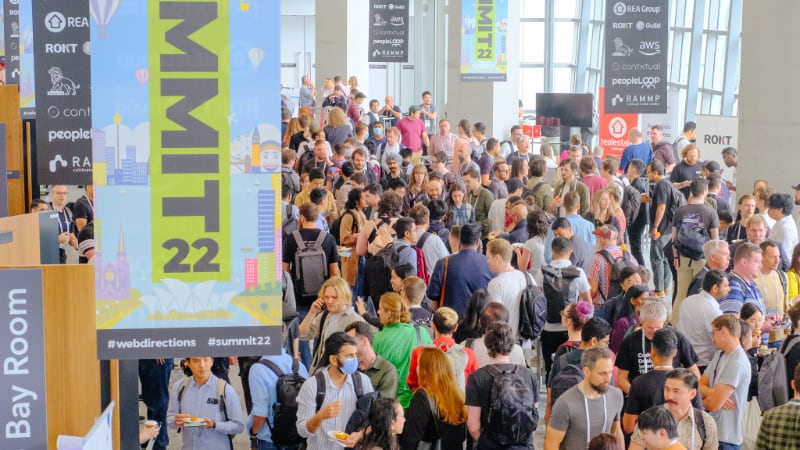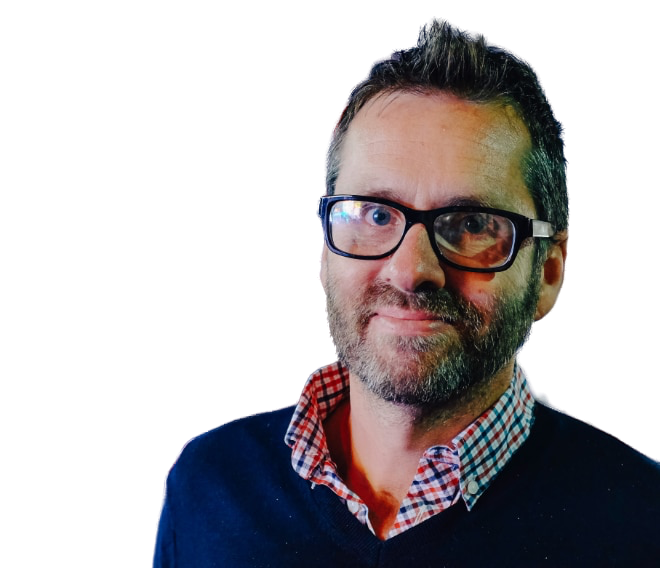Call for Presentations: Web Directions 2026
Web Directions 2026 will be our 20th anniversary event, and we'll take a look back over the history of the web and how we got to where we are, and then forward to what comes next.
About Us
Web Directions has for 2 decades years brought together leading developers, engineers, visual, IxD, UX and product designers, Art and Creative Directors, product managers indeed everyone involved in producing web and digital products to learn from one another, and the World's leading experts across this vast field.
We promise attending one of our events will leave you significantly better versed in the challenges you face day to day, and in solutions for addressing them.


John Allsopp
John Allsopp has worked on the web for nearly 30 years, creating innovative tools like Style Master and X-Ray. His ideas laid the groundwork for Typekit (now Adobe Fonts) and Responsive Web Design itself.
His seminal 2000 essay "A Dao of Web Design" was cited by Ethan Marcotte as a key inspiration for Responsive Web Design and by Jeremy Keith as "a manifesto for anyone working on the Web." He's authored books including Developing With Web Standards, spoken at conferences worldwide, and brings deep expertise and passion to Web Directions
Code of Conduct
For over a decade, we've worked hard to create inclusive, fun, inspring and safe events for the Web Industry.
As part of our commitment to these values, we've adopted a code of conduct for all involved: ourselves, our speakers, our partners and our audience.
If you have any concern or feedback, please don't hesitate to contact us.